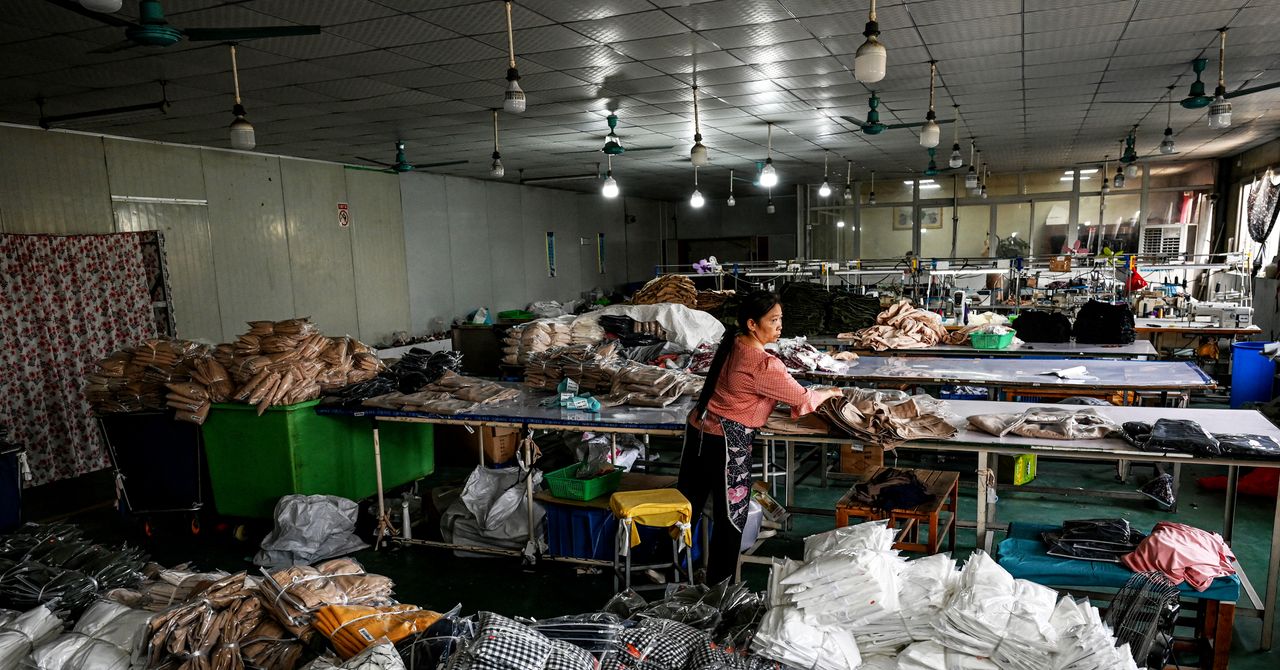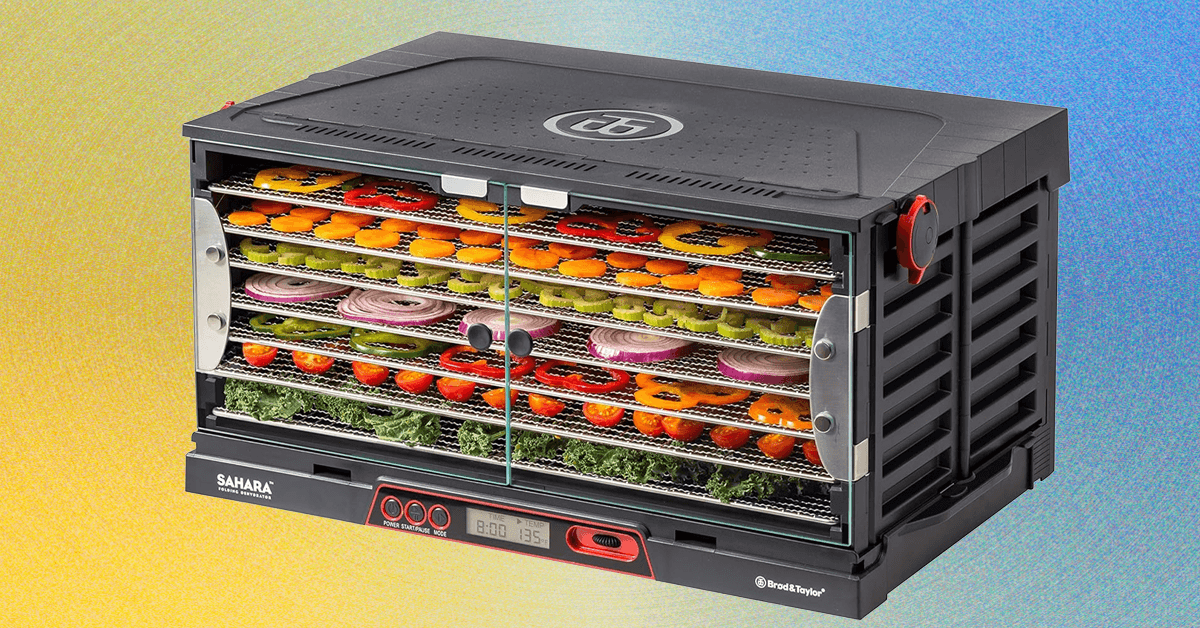We have been talking to US retailers who don’t sell on ecommerce websites, meaning they have their own stores or are suppliers to Walmart, Target, etc. These companies are also freaking out because many of them have complex supply chains in China and can’t easily move their manufacturing operations to other countries.
From what we’ve seen, retailers usually have stockpiles of inventory that should last at least the next few months in the US already. If the tariffs don’t come down to an acceptable level soon, however, shortages will start to become much more apparent maybe in the summer or early fall, depending on how prepared individual stores are. US retailers of Christmas ornaments and toys, for example, are really concerned right now even though the holiday is seven months away. Perhaps December is when some American consumers will eventually find out the impacts of these policies!
Would it be possible for Trump to give an exception to Amazon for tariffs and not other retailers? Could he do this without anyone knowing?
Even if Trump were to try to spare Amazon from his tariffs, it would be pretty difficult logistically. Amazon’s marketplace has millions of third-party sellers that each operate their own businesses, and they’re responsible for bringing in goods to the US and clearing the customs process. But Trump could offer Amazon and other retailers tax breaks, subsidies, or other economic benefits to help offset the impacts of the tariffs. That hasn’t happened yet, but there have reportedly been discussions among Trump administration officials about potentially giving American farmers subsidies.
What percentage of sellers on Amazon are importing goods from China?
It’s hard to say how many Amazon sellers import things from China, but estimates suggest that more than 50 percent of Amazon’s top-selling independent merchants are based in China.
Are there actually enough custom agents to verify that things imported from other countries actually didn’t originate from China? If so, how will they do this?
Trump’s tariffs are definitely going to stretch the capabilities of US Customs and Border Protection (CBP) to inspect packages and where the goods inside them originated from. The US Postal Service actually stopped accepting packages from China for about a day earlier this year because they were so overwhelmed when Trump initially tried to end de minimis overnight. His administration later delayed the policy for several weeks, giving CBP more time to prepare.
How has the tariff situation affected the actual vendors making products?
Factories in China are being hit hard by the tariffs, and some are considering laying off workers. They all want to pivot to other markets like Brazil, Russia, and the European Union, but the reality is that consumers in these regions simply don’t have nearly as much disposable income as Americans do. Factories will be able to make up some of their sales, but those alternative markets are also now going to be hypercompetitive.
Small business owners say they are getting hurt because of tariffs, so who is winning here?
Honestly, we can think of very few parties that are winning here, at least right now. Even if you want to manufacture in the US, you almost certainly will need to import machinery and raw materials from either China or another country—meaning you will have to pay these new tariffs, too. One winner, perhaps, is the environment. Higher prices will likely result in people buying less, and this could be a moment when consumers start to reflect on their consumption habits. But if that happens, it will also be bad news for the US economy.
What if Chinese goods are sold to a third party (such as Canada) and then resold to the US, would Trump figure it out?
This would be an example of tariff evasion and is illegal. Going through an intermediary country in this manner is known as “transshipment” and it does happen from time to time, but if a manufacturer or retailer gets caught, they can be subject to pretty steep fines.









